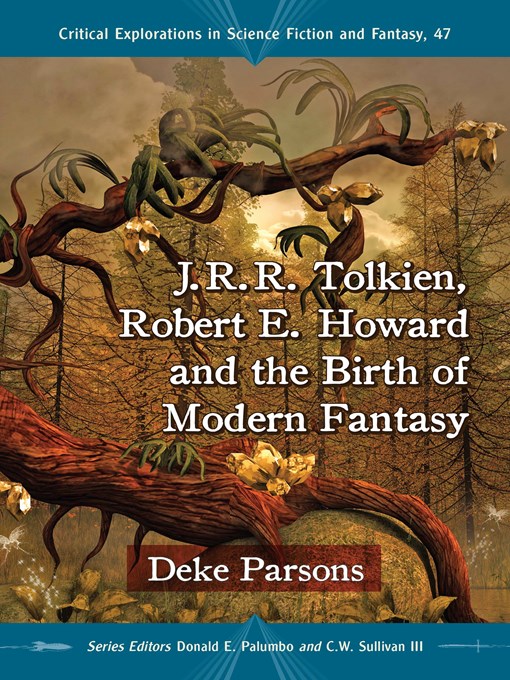The birth of modern fantasy in 1930s Britain and America saw the development of new literary and film genres. J.R.R. Tolkien created modern fantasy with The Lord of the Rings, set in a fictional world based upon his life in the early 20th century British Empire, and his love of language and medieval literature. In small-town Texas, Robert E. Howard pounded out his own fantasy realm in his Conan stories, published serially in the ephemeral pulp magazines he loved. Jerry Siegel created Superman with Joe Shuster, and laid the foundation for perhaps the most far-reaching fantasy worlds: the universe of DC and Marvel comics.
The work of extraordinary people who lived in an extraordinary decade, this modern fantasy canon still provides source material for the most successful literary and film franchises of the 21st century. Modern fantasy speaks to the human experience and still shows its origins from the lives and times of its creators.

